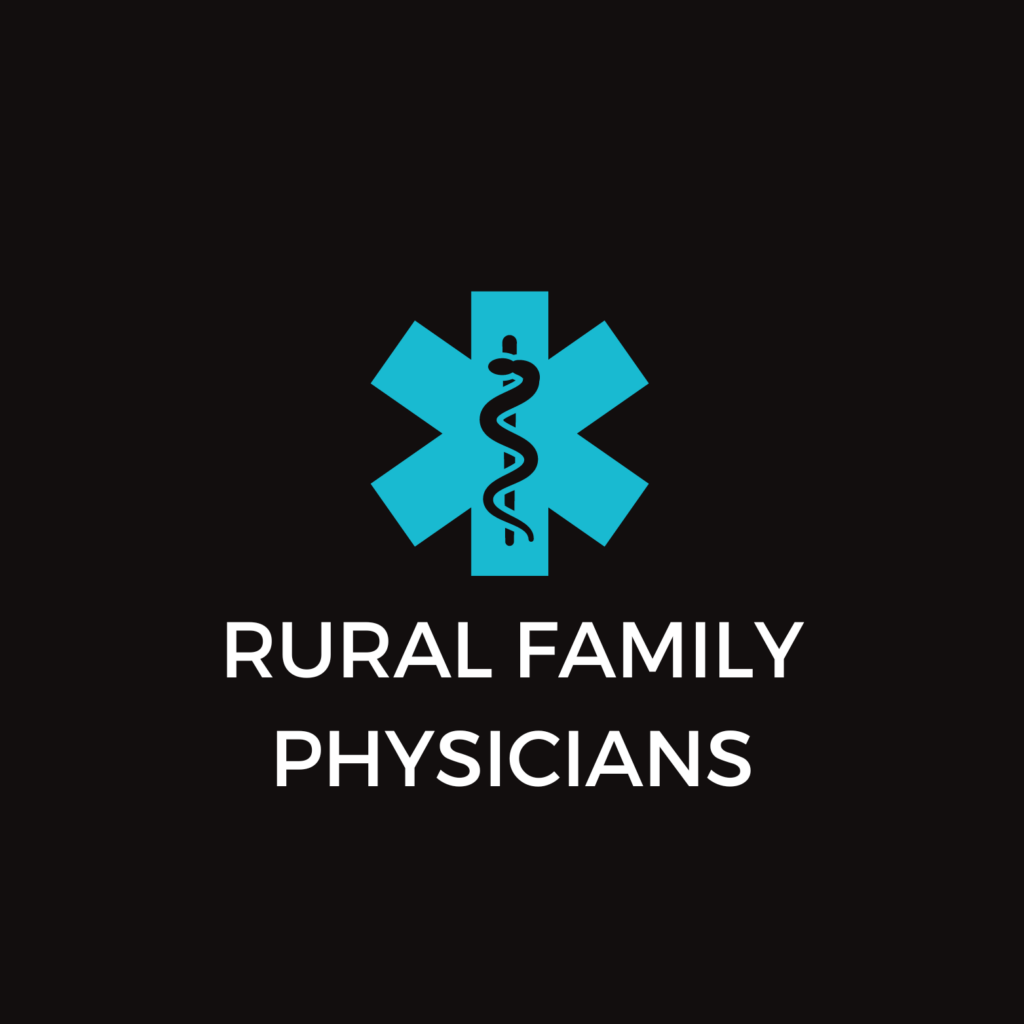Last week the Senate Finance Committee approved the “Chairman’s Mark” of the SGR Repeal and Medicare Beneficiary Access Improvement Act of 2013. A number of rural provisions were included as amendments and adopted by the Committee. The bill would permanently repeal the Sustainable Growth Rate (SGR) and permanently extend a number of rural Medicare extenders. The National Rural Health Association (NRHA) has been leading the fight for a number of Medicare extenders, essential to rural providers, to be extended at current levels in perpetuity. Additionally, NRHA has sought for regulatory burden reduction that would alleviate the burdens placed on various rural providers. A number of amendments offered at last week’s mark-up accomplished these purposes. Among the important actions taken at the hearing, Amendments 117 and 121 were adopted in the Chairman’s Mark at the beginning of the hearing and, therefore, did not require a vote.
Additionally, the following amendments passed with unanimous voice vote:



